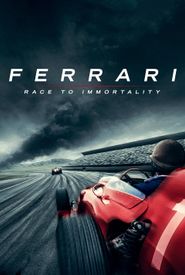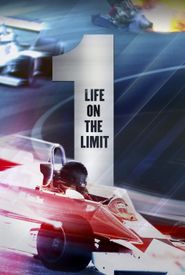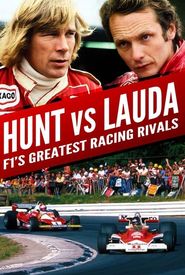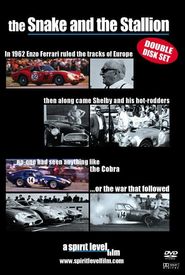Enzo Ferrari was a racing driver and entrepreneur who founded the Italian sports car manufacturer bearing his name. Ferrari cars are renowned for their luxury and wealth.
Born Enzo Anselmo Ferrari on February 18, 1898, in Modena, Italy, he was the son of Alfredo Ferrari, a metal businessman. Enzo's early life was marked by a passion for cars, and he decided to become a race car driver at the age of 10 after watching several car races in the 1908 Circuit di Bologna.
Despite receiving little formal education, Enzo's determination and talent led him to become a successful racing driver. He worked for various car manufacturers, including Alfa-Romeo, and won several prestigious races, including the 1924 Coppa Acerbo at Pescara.
Enzo's greatest victory was at the 1924 Coppa Acerbo at Pescara, with an Alfa Romeo R.L. This achievement, along with many others, made Ferrari a recognized name in the racing world. In 1922, Benito Mussolini seized power in Italy and established a totalitarian fascist regime that sponsored aggressive nationalism. The name of a winning driver, like Ferrari, was used as a propaganda tool.
In 1926, Enzo experienced an emotional breakdown and stopped racing. He turned down a few offers, including one for a big race in Mussolini's presence. He switched to fixing cars for Alfa, but his racing career was mostly over.
In 1929, Enzo started Scuderia Ferrari, a team of racing drivers and technical assistants working for Alfa. Ferrari soon made similar deals with Bosch, Pirelli, and Shell. His team caused a sensation after eight victories in 22 competitions. With up to 50 full- and part-time drivers, it was the largest team ever gathered by one man.
Enzo's talent as a team organizer and director superseded that of a race car driver. He completely retired from racing in 1932, when his first son Dino was born. In 1937, he quit Alfa-Romeo under agreement that he could not race or design anything under his name for four years.
During World War II, Ferrari's company was forced to undertake war production for Mussolini's fascist government, supplying auto parts for the Italian military. Allied bombing forced him to relocate the factory from Modena to Maranello. After the war, Ferrari was able to shed his fascist-tainted reputation.
In 1946, Ferrari collaborated with his old friend G. Colombo to build the Tipo125, a 1.5-liter car, which was entered in the 1947 Grand Prix of Monaco. Ferrari participated in the first F-1 World Championship in 1950. He won the 1951 F-1 British Grand Prix and dominated the World Championships in the early 50s.
The postwar economic boom ended for Ferrari in 1956, when his son Dino died of muscular dystrophy, causing the end of Enzo's marriage. Ferrari was depressed and moved into a small apartment at his factory, where he lived and worked 24/7 without a vacation for many years.
Enzo's management skills and attention to details helped the business through a decline in the 60s. In 1963, he rejected an $18-million offer from Ford to buy his company. In 1965, he allowed Fiat to have a small stake in the company; their share increased to 50% in 1969 and to 90% in 1988.
Ferrari remained managing director until 1971 and was influential until his death at the age of 90 on August 14, 1988, in Modena, Italy. The Scuderia Ferrari team won several F-1 championships with driver Michael Schumacher between 1999-2004. The name of the company's founder was given to the 2003-2004 production model, the Enzo Ferrari, which was built with F-1 technology. Only 399 Enzo Ferraris were built and sold to subscribers.




















